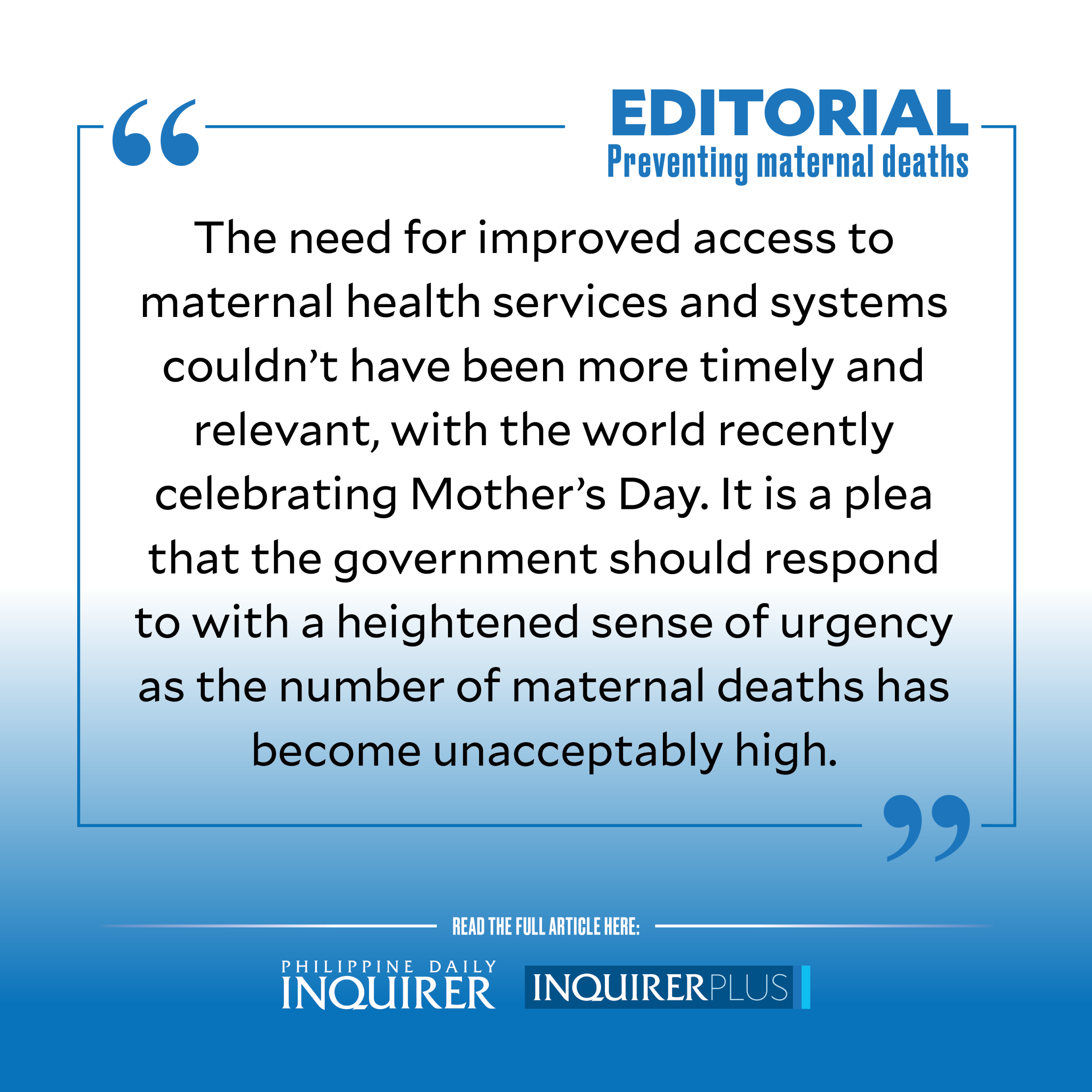Rwanda’s Decentralized OB-GYN Residency Programme: A Game-Changer in Maternal Health
Rwanda has made significant strides in improving maternal and reproductive health through a bold initiative that has redefined the country’s approach to healthcare. One year ago, on May 24, 2024, the Ministry of Health launched the first decentralized Obstetrics and Gynaecology (OB-GYN) residency programme at Rwamagana Level Two Teaching Hospital. This marked a pivotal moment in the nation’s journey toward addressing long-standing challenges in healthcare delivery.
The OB-GYN training initiative is part of Rwanda’s 4×4 Reform, an ambitious strategy aimed at quadrupling the number of health workers within four years. The ultimate goal is to meet the World Health Organization (WHO) threshold of at least four health professionals per 1,000 population. By decentralizing specialist training, the program seeks to expand access to quality care beyond the capital city, ensuring that even the most remote communities receive timely and effective medical attention.
Tolong support kita ya,
Cukup klik ini aja: https://indonesiacrowd.com/support-bonus/
Bringing Specialists Closer to Mothers
For years, Rwanda faced a critical issue: over two-thirds of maternal deaths were linked to poor-quality care and delayed interventions. Since the launch of the residency programme in May 2024, the Ministry of Health, in collaboration with partners such as the University of Rwanda and the Rwanda Society of Obstetricians and Gynecologists (RSOG), has deployed and is currently training 80 residents across 10 district-level hospitals in all four provinces. These residents work under supervision to provide lifesaving obstetric care around the clock.
The results have been impressive. Data from the Health Management Information System (HMIS) shows a significant drop in the maternal mortality rate, from 110 per 100,000 live births in 2023/2024 to 82 per 100,000 live births in 2024/2025. Further analysis reveals a steady decline, with the rate dropping from 96 per 100,000 live births after six months of the programme to 57 per 100,000 live births by the end of the first year.
Additionally, referrals of women with obstetric complications during labor or after delivery to national referral hospitals have decreased by 29.9%. These statistics underscore the impact of having skilled professionals embedded in district-level hospitals, offering timely care where it matters most.
Strengthening the Healthcare Ecosystem
This programme is not just about training doctors; it represents a broader shift towards strengthening Rwanda’s health system. The Ministry of Health is committed to aligning health education with service delivery, ensuring that no region is left behind. The goal is to build a sustainable pipeline of OB-GYN specialists who can serve their communities effectively.
In its first year, the programme has already seen residents take great initiative and become pillars of service delivery in their host hospitals. However, the success of this initiative is supported by other parallel reforms, including the recruitment of other specialists such as pediatricians, anesthesiologists, general surgeons, and intensive care staff. These efforts have helped create a functional and responsive care ecosystem.
Training hospitals have also been equipped with upgraded maternity and surgical infrastructure, while multiple training sessions for midwives and theatre nurses have been conducted. Teaching hospitals have worked diligently to strengthen teaching environments and reinforce supervision to ensure maximum patient safety.
Challenges Remain, But So Does the Resolve
Despite these achievements, the Ministry of Health and its collaborators recognize that challenges remain. Some hospitals still need better infrastructure and equipment to handle obstetric and newborn emergencies or provide comprehensive reproductive services. However, the past year has demonstrated that decentralized specialist training works and that Rwanda is capable of building world-class care, from Kigali to the remotest regions of the country.
A Call to Continue the Journey
In just one year, this programme has shown promising outcomes. With every resident trained, every facility upgraded, and every mother saved, Rwanda moves closer to its vision of a country where no woman dies giving life. As the country looks ahead, the goal is to scale up this model and strengthen other specialties.
The Ministry of Health welcomes those who share this vision to join in sustaining and building on this momentum. Dr Madeleine Byukusenge, a Residency Program Analyst at the Ministry of Health – Rwanda, emphasizes the importance of collective effort in achieving this transformative change.







